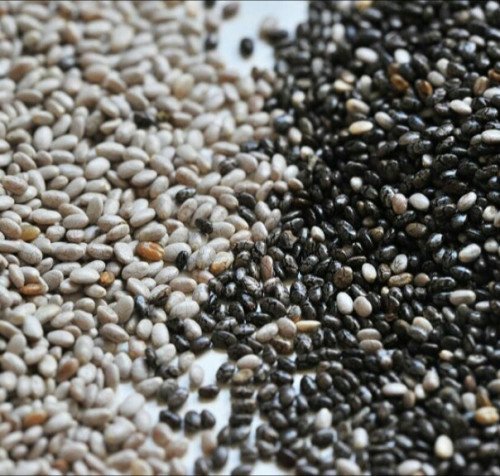In the beginning, in the 1880s, a Japanese doctor, Sagen, claimed that he could treat many common health problems with a diet based on wholegrain cereals and vegetables, published his ideas in two books.
It has been tried and tested and believed that it was responsible for curing tuberculosis.
A dietary system was put up and thus named macrobiotic- from the Greek words for 'large' and 'life'. It was believed that the diet could increase energy and offer greater resistance to illness, enabling its followers to live life and full.
Macrobiotics is largely based on the Chinese philosophy of two opposing yet complimentary forces of nature - 'yin' and 'yang'. Yin is the female force representing darkness, the cold and tranquility, while yang is masculine and represents light, heat and aggression.
People who are predominantly yin tend to be calm, relaxed and creative; yang people tend to be active, alert and energetic.
The health and harmony of both body and mind are said to depend on a balance; between the two forces and the macrobiotic diet therefore needs to be tailored to the needs of the individual by a macrobiotic nutritionist.
According to this diet philosophy, foods also contain the yin and yang qualities. Certain foods are yin and yang and should be balanced.
For instance, foods with a high yin content include sugar, tea, alcohol, coffee, milk, cream, yogurt and most herbs and spices, while foods with a high yang content include red meat, poultry, fish and shellfish, eggs, hard cheese and salt.
Foods that are thought to contain a harmonious balance of yin and yang are; wholegrain cereals, fresh fruit, nuts and seeds, leafy vegetables and pulses (beans, peas and lentils).
Benefits of this diet
- Low in kilojoules and saturated fats.
- High in fibre.
However, one can get much the same benefits from a well-balanced Vegetarian diet, which is easier and safer to follow.
Disadvantages include;
- Does not supply adequate amounts of vitamin B12 for a healthy nervous system, iron for healthy blood and vitamin D- which is needed for the absorption of calcium.
- A deficiency in the above minerals can lead to anemia, supplements should be taken.
- This diet is not good for pregnant or breastfeeding women, people who are ill or anyone with special dietary needs.
- The bulky nature if this diet can lead to malnutrition in youngsters and slow growth.
THE MACROBIOTIC LARDER
- Wholegrain cereals - brown rice, oats, barley, wheat, maize, rye, millet, whole-wheat flour products (bread and pasta) couscous, whole oat porridge.
- Legumes - lentils, chick peas, and soya products such as tofu(bean curd).
- Soups - usually made with beans and lentils and special oriental seasonings such as rich salty miso, made from fermented soya beans, shoyu (a dark soya sauce).
- Fruit.
- Seeds, nuts, flavorings and fish.
In the African setting there is a culture of introducing different types of foods especially grains into the diet e.g. Githeri, muthokoi, múkimo.
Fruits on the other hand is also a staple and nuts as well.



Add your reply
Replies